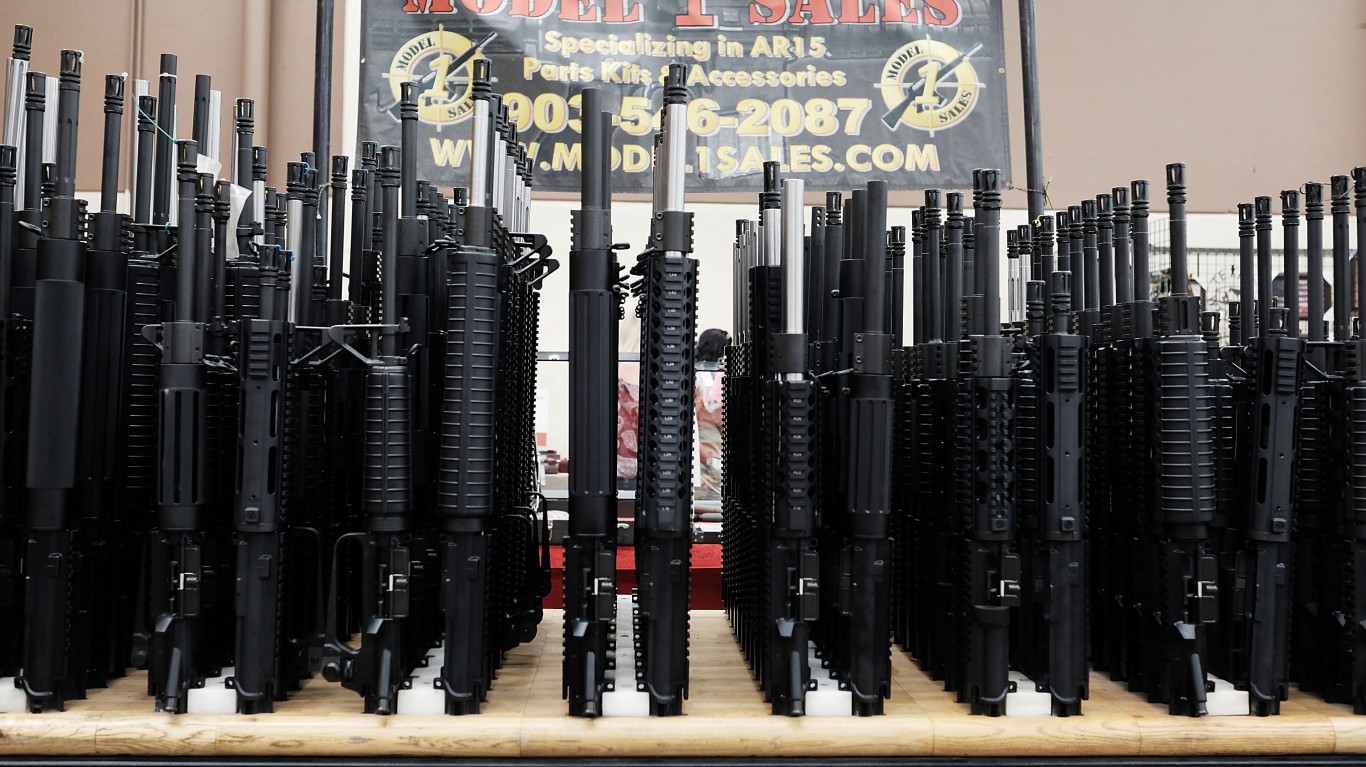
Inflation remains between 8% and 9% in the United States, according to the latest consumer price index (CPI). The numbers would be higher if gasoline and oil prices had not dipped sharply from three months ago. Food prices will continue to surge. The same is true for travel and some clothing. Although the CPI does not measure housing, mortgage rates have almost doubled from a year ago, which makes housing more expensive. However, the U.S. inflation numbers are very tame compared to a number of other nations.
[in-text-ad]
The Federal Reserve, the world’s largest central bank, may not even have the ability to drop inflation rates through intense rate increases, which will rise by 0.75% four times this year. These increases may be counterproductive. Rates that are too high could drive the country into a recession. The process already has taken a toll on the stock market and housing.
A recession means higher unemployment. Former Treasury Secretary Larry Summers believes the jobless rate will need to reach 7.5% to bring inflation down to tolerable levels.
Several countries have inflation rates that, year over year, are many times the U.S. figure. According to the Financial Times, these include Venezuela, where the inflation rate is 114%. The only country ahead of it is Zimbabwe at 285%.
High inflation in Zimbabwe is not new. According to The Conversation, it was 114% in 2004, 157% in 2008 and 558% in 2020. The magazine posits two reasons for this: “[F]irst is monetary expansion that is not supported by economic growth,” and “second relates to what Zimbabweans now expect when it comes to inflation.” Inflation becomes an ugly circle. Rising costs drive higher wages, which drive rising costs again, over and over.
Among the prime causes of inflation in Zimbabwe is a drop in agricultural production, which is at the core of the nation’s exports. As this drove up unemployment, the central bank pushed more money into the economy. It is not entirely unlike what the U.S. Federal Reserve did starting in 2008.
Zimbabwe is small and isolated from much of the outside world, so many Americans do not even know it exists. The World Factbook says its population is just over 15 million people and its gross domestic product is only $40 billion.
Travel Cards Are Getting Too Good To Ignore (sponsored)
Credit card companies are pulling out all the stops, with the issuers are offering insane travel rewards and perks.
We’re talking huge sign-up bonuses, points on every purchase, and benefits like lounge access, travel credits, and free hotel nights. For travelers, these rewards can add up to thousands of dollars in flights, upgrades, and luxury experiences every year.
It’s like getting paid to travel — and it’s available to qualified borrowers who know where to look.
We’ve rounded up some of the best travel credit cards on the market. Click here to see the list. Don’t miss these offers — they won’t be this good forever.
Thank you for reading! Have some feedback for us?
Contact the 24/7 Wall St. editorial team.
 24/7 Wall St.
24/7 Wall St.


